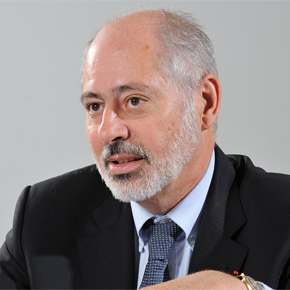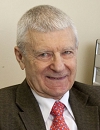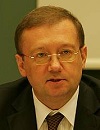 |
||
|
Japan Reports Soaring Fukushima Groundwater Radiation RIA Novosti, PUBLISHED July 09, 2013 Radioactive cesium levels in one of the observation wells at the crippled Fukushima Daiichi nuclear power plant in north-east Japan have jumped up 90 times over the past 3 days, the NHK television said Tuesday. NHK cited a report from Tokyo Electric Power Company, the plant’s operator, saying that “9,000 becquerels of cesium 134 and 18,000 becquerels of cesium 137 per liter of water at a well between the No. 2 reactor building and the sea” were recorded on Monday. Some 315,000 victims are still living in a temporary housing unable to return to their houses in the plant’s vicinity. Topics: NPP Fukushima Daiichi Other news: China Offers Russia Floating Nuke Plant Joint Project It was proposed that a joint venture should be established with investments from both sides. Russia Eyes Nuclear Power Project in Finland – Source A government source told RIA Novosti. The transaction on consolidation of a 100% stake in Uranium One Inc. by ARMZ Uranium Holding Co. has been approved both by the Ontario Superior Court of Justice in Canada, and regulators in Russia, Australia and the USA. |
Hero of the day 
Jacques Repussard: knowledge, independence, proximity They told me: "Mr Repussard, we're not used to responding to anti-nuclear organisations". To which I replied: "We will not reveal any state or trade secrets, but we will not leave them without any answer". INTERVIEW
Georgy Toshinsky OPINION
Alexander Yakovenko |

